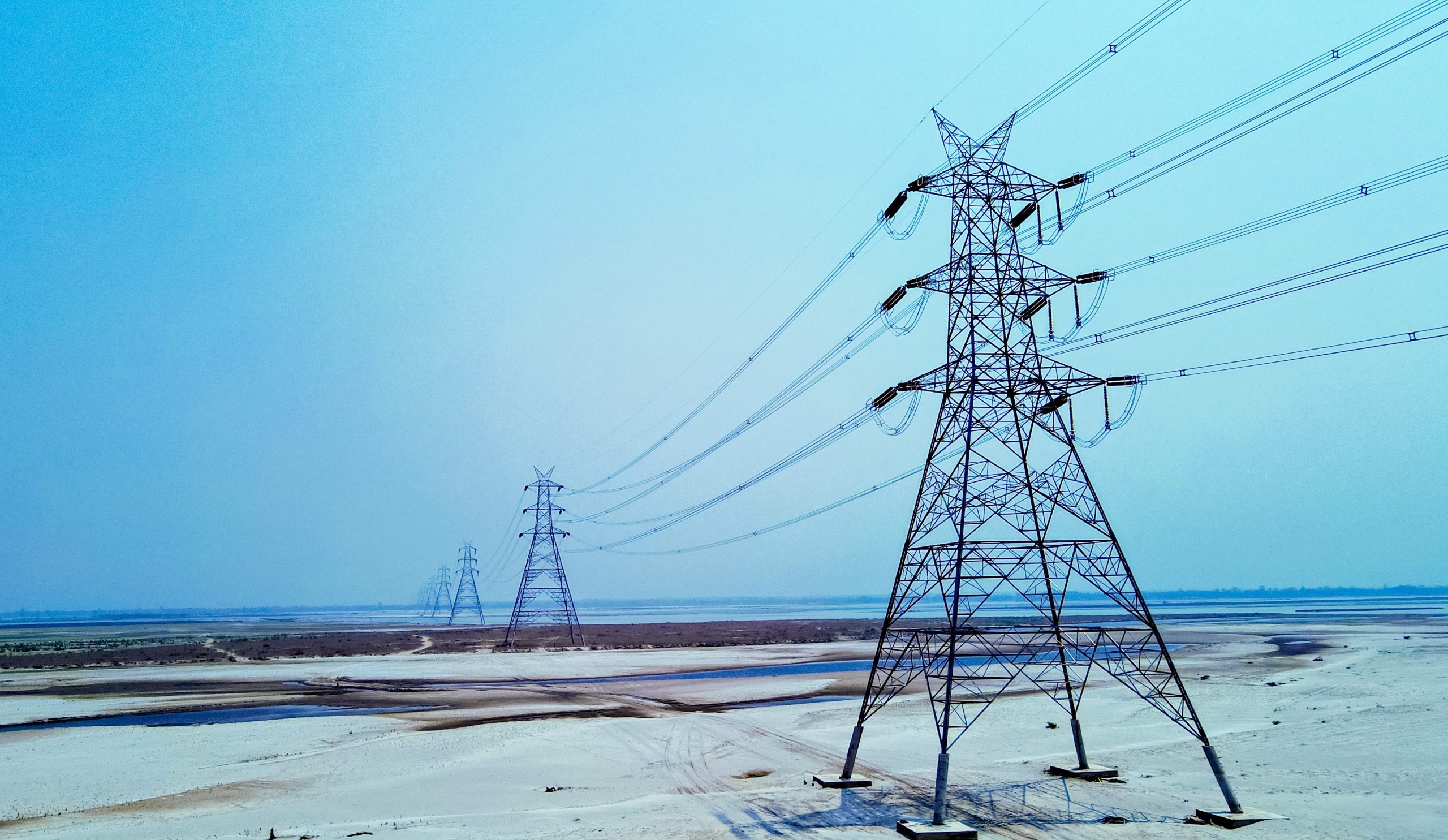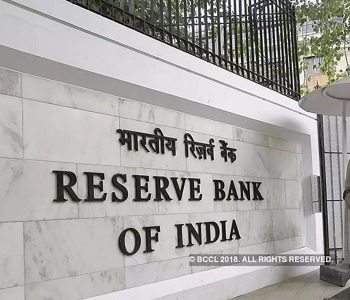Nepal’s electricity export to Bangladesh faces uncertainty amid political turmoil

KATHMANDU: The ongoing protests in Bangladesh have created a volatile political situation, casting uncertainty over Nepal’s plans to export electricity to the neighboring country. A crucial trilateral agreement between Nepal, India, and Bangladesh, set to be signed on July 28, has been halted due to the unrest in Bangladesh.
This delay has jeopardized Nepal’s plans to export electricity to Bangladesh this year. Nepal had been looking forward to its first-ever electricity export to a third country, following the signing of the export agreement. Since 2021, Nepal has been successfully exporting electricity to India through a competitive bidding process.
The agreement, which was to be signed by the Nepal Electricity Authority (NEA), India’s NTPC Vidyut Vyapar Nigam (NVVN), and the Bangladesh Power Development Board (BPDB), was scheduled to facilitate the export of 40 megawatts of electricity from Nepal to Bangladesh at a rate of 6.4 cents per unit for six months each year (from June 15 to November 15) for five years.
However, the escalating violence of student protests in Bangladesh and the prime minister’s subsequent departure from the country have put this plan on hold. The electricity was to be delivered via the Dhalkebar-Muzaffarpur 400 kV transmission line, Nepal and India’s first cross-border transmission link. The NEA was set to bear the technical losses along the transmission line from Dhalkebar to Muzaffarpur.
Plans included the sale of electricity from Nepal’s 23.28 MW Trishuli and 19.40 MW Lower Modi hydropower projects, with prior approval from India for transmission through its lines to Bangladesh. Additionally, preparations were underway to sign a joint agreement for the construction of the 683 MW Sunkoshi-3 hydropower project. Bangladesh had proposed investing in the 1,216 MW Khimti-Those-Shivalaya reservoir-based hydropower project and the 683 MW Sunkoshi Third project after the start of exports.
The Khimti-Those-Shivalaya project is estimated to cost NPR 289.77 billion, while the Sunkoshi Third project is estimated at USD 1.45 billion, bringing the total cost of both projects to around NPR 500 billion. Bangladesh had planned to invest in these projects and construct the necessary infrastructure to transmit electricity through India to Bangladesh.
In a broader regional context, Bangladesh and India are preparing to build a 765 kV high-capacity cross-border transmission line from Katihar in Bihar, India, through Bongaigaon in Assam, India, to Parbatipur in Dinajpur, Bangladesh. This follows an earlier agreement to construct a cross-border electricity transmission line connecting Nepal, Bhutan, India, and Bangladesh.
The political instability in Bangladesh poses a significant challenge to these ambitious energy projects, leaving the future of Nepal’s electricity export plans in a state of uncertainty.













Facebook Comment